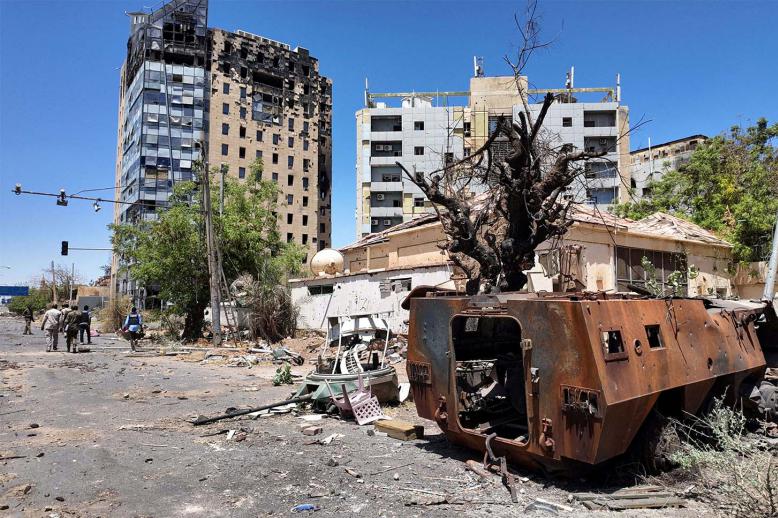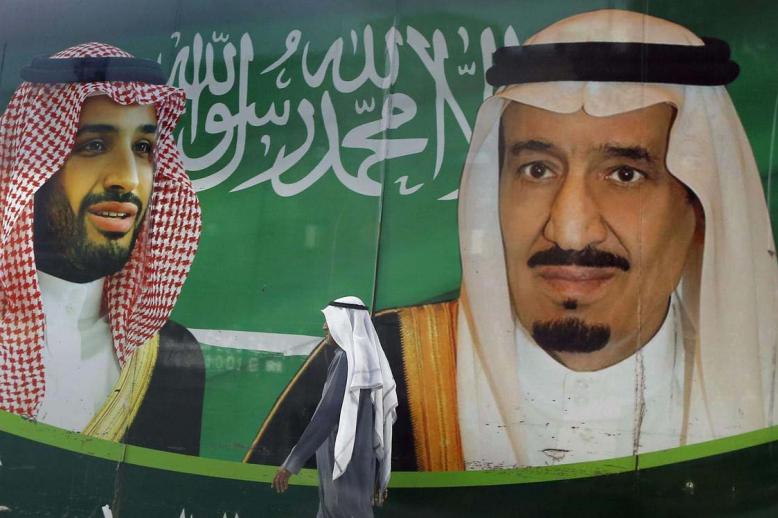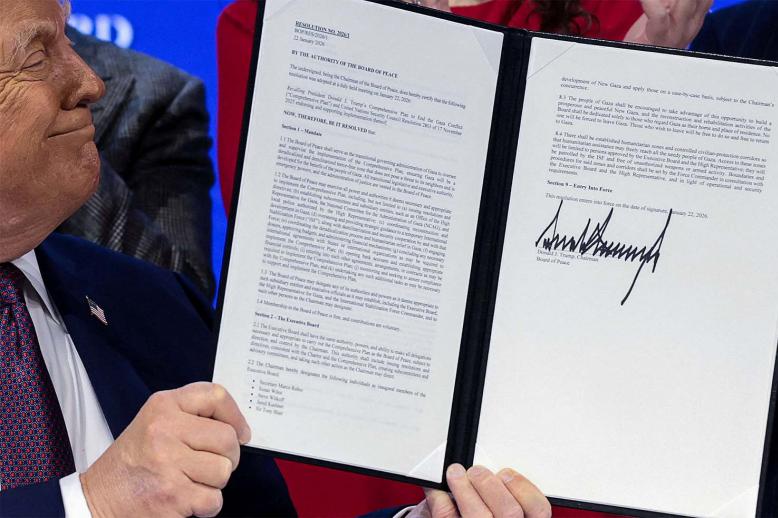Iraq: Nasiriya protesters bear torch of hope in dark times
The strength of demonstrators in Nasiriya set an example for their counterparts in Baghdad and southern protest arenas in Iraq.
There seems to be little contest as Nasiriya assumes leadership of nationwide anti-establishment uprisings that began last October. The blood spilt by protesters does not set it apart, though some of the grizzliest massacres were marked there.
Nasiriya stands head and shoulders above other protest locations for its refusal to be tossed to the side as the government drowns out the sound of popular demands in self-delusion. The city’s power lies in its ability to mobilise the masses, armed with more than demands.
Mayhem boiled over after Nasiriya’s 7-day deadline expired January 20 that sternly warned Baghdad that failure to nominate an independent candidate to be prime minister would result in escalation. The deadline, proudly displayed on a device in Baghdad’s Tahrir Square, was one all cities threw their weight behind.
“If it wasn’t for Nasiriya, the revolution would have turned cold,” Iraqi activist Hussein Adil said. “The pace was reversed only when Nasiriya stepped things up.”
Endorsements of the ultimatum that Nasiriya posed propelled action as protesters blocked access to roads across Basra, Karbala, Baquba and other cities. The Baghdad Operations Command issued a statement describing “rock-wielding” men as “inciters of violence” but smartphone video displays evidence of state forces violently repressing unarmed civilians. An estimated 800 civilians have been killed and hundreds more have been unlawfully detained.
Protesters set their sights on major routes and highways that they blocked with flaming tyres and human barricades, disrupting cargo movement to the detriment of traders. Queues of lorries were parked along the highway that crosses the Euphrates west of Dhi Qar province, the only passage connecting oil-rich Basra to the rest of the country.
Protesters negotiated with police to allow access for food and medical supplies but denied entry of freight vehicles. On January 23, marquees were erected along Fahad Bridge as Nasiriya residents participated in a peaceful sit-in to advance their demands.
“The right of peaceful protesters to demonstrate on and block public roads has consistently been upheld by international human rights bodies that view urban sites as a legitimate space for protest,” Iraq researcher Raz Salayi at Amnesty International said. Salayi added that, as “the UN special rapporteur on Freedom of Peaceful Assembly and Association has stated, ‘the free flow of traffic should not automatically take precedence over freedom of peaceful assembly.’”
The adoption of disruptive action and non-violence gained unprecedented centrality in Iraq’s October Revolution, undeterred by violence meted out by state and unidentified forces. Other strategies include highway blockades, building occupation, sit-ins, civic strikes and interruption of trade routes and traffic.
Nasiriya’s call reveals sustained leadership on a scale that the movement had lacked. The aim is to disrupt the economic flow of oil proceeds that prop the political elite, still dragging their heels.
Nasiriya’s centralised decision-making is made possible by tightly woven communal relations that have earned the city the title of the “true capital of Iraq’s revolution,” Hussein said.
“Class unites them and whether at home or populating coffee houses, people share in common their working-class status, which has seen major families, citizens and intellectuals join forces.”
The portrait of unity in Nasiriya is a far cry from cities such as Baghdad where communities are less cohesive and noticeably divided along class lines.
“The existence of a higher middle class in Nasiriya may have imputed its role that has been propelled by the city’s youth, who are disturbed by the lack of progress in their city compared with the rest of the world,” Hussein said.
Social media opened Nasiriya’s youth up to a wider understanding of the inequality in which their city and Iraq as a whole are mired.
The urban takeover is a legitimate right the rights groups defended. Caretaker Prime Minister Adel Abdul-Mahdi portrayed the manoeuvres as irrational and “bearing no relationship to peaceful protests.” “We are keen not to escalate the situation,” he said.
Escalation, protesters said, is the only option if the government fails to take their demands seriously. The lull in the movement following the assassination of Iran’s al-Quds Force Major-General Qassem Soleimani has been reversed by Nasiriya leadership and momentum, a city that bears the torch of hope for the rest of the country in very dark times.
Nazli Tarzi is a London-based contributor to The Arab Weekly.
Copyright ©2020 The Arab Weekly







